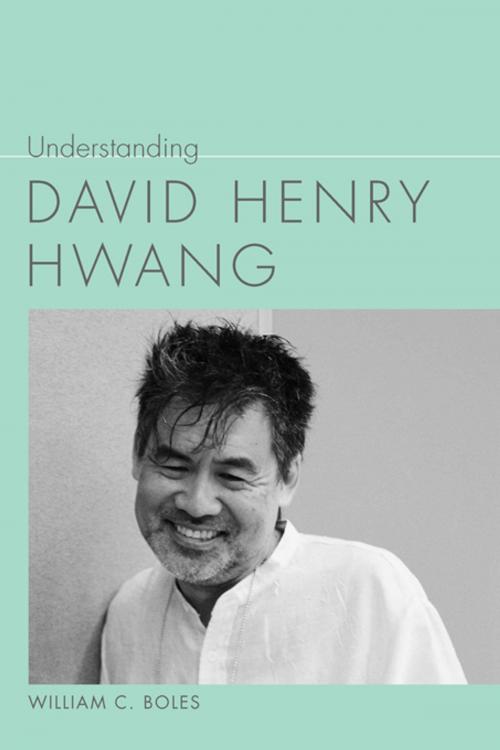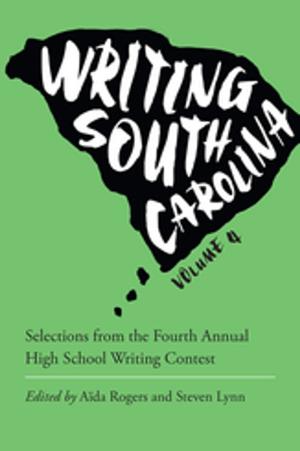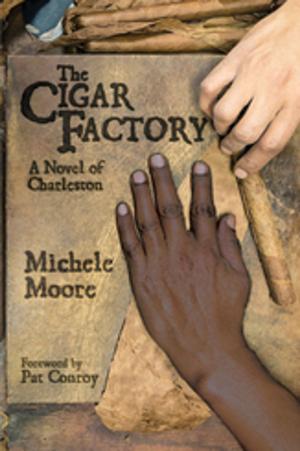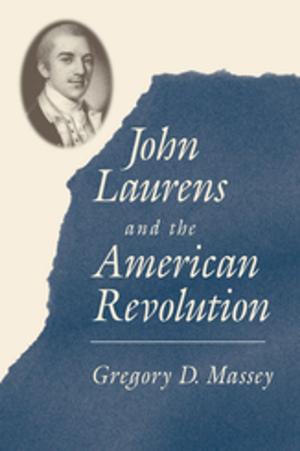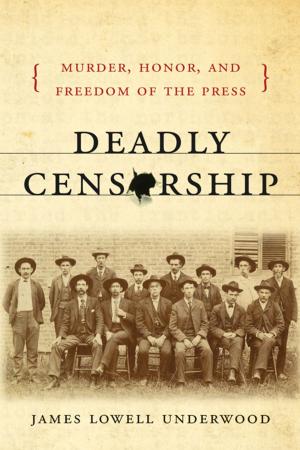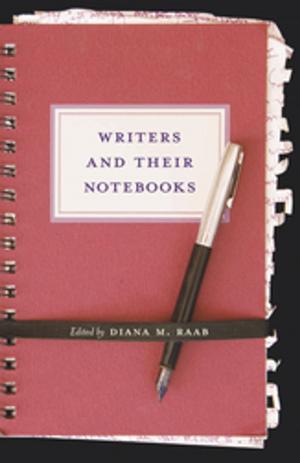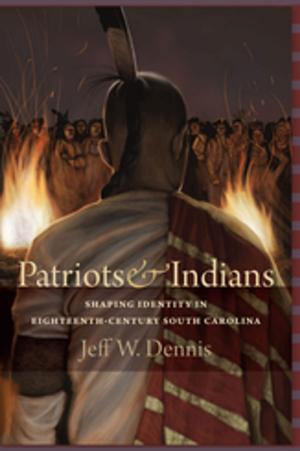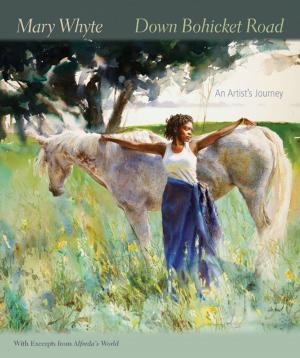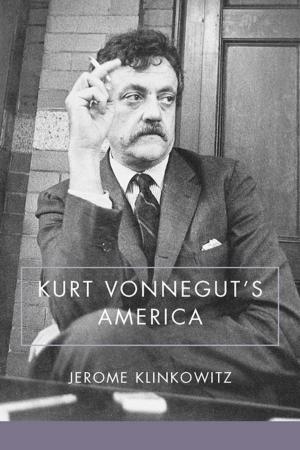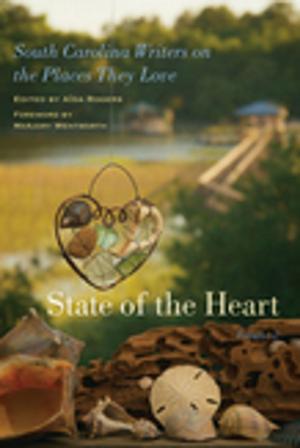Understanding David Henry Hwang
Fiction & Literature, Literary Theory & Criticism, Drama History & Criticism| Author: | William C. Boles, Linda Wagner-Martin | ISBN: | 9781611172881 |
| Publisher: | University of South Carolina Press | Publication: | December 15, 2013 |
| Imprint: | University of South Carolina Press | Language: | English |
| Author: | William C. Boles, Linda Wagner-Martin |
| ISBN: | 9781611172881 |
| Publisher: | University of South Carolina Press |
| Publication: | December 15, 2013 |
| Imprint: | University of South Carolina Press |
| Language: | English |
David Henry Hwang is best known as the author of M. Butterfly, which won a 1988 Tony Award and was a finalist for a Pulitzer Prize, and he has written the Obie Award-winners Golden Child and FOB, as well as Family Devotions, Sound and Beauty, Rich Relations, and a revised version of Flower Drum Song. His Yellow Face won a 2008 Obie Award and was a finalist for a Pulitzer Prize. Understanding David Henry Hwang is a critical study of Hwang's playwriting process as well as the role of identity in each one of Hwang's major theatrical works. A first-generation Asian American, Hwang intrinsically understands the complications surrounding the competing attractiveness of an American identity with its freedoms in contrast to the importance of a cultural and ethnic identity connected to another country's culture. William C. Boles examines Hwang's plays by exploring the perplexing struggles surrounding Asian and Asian American stereotypes, values, and identity. Boles argues that Hwang deliberately uses stereotypes in order to subvert them, while at other times he embraces the dual complexity of ethnicity when it is tied to national identity and ethnic history. In addition to the individual questions of identity as they pertain to ethnicity, Boles discusses how Hwang's plays explore identity issues of gender, religion, profession, and sexuality. The volume concludes with a treatment of Chinglish, both in the context of rising Chinese economic prominence and in the context of Hwang's previous work. Hwang has written ten short plays including The Dance and the Railroad, five screenplays, and many librettos for musical theater. The recipient of fellowships from the National Endowment for the Arts and the Guggenheim and Rockefeller foundations, Hwang was appointed by President Bill Clinton to the President's Committee on the Arts and the Humanities.
David Henry Hwang is best known as the author of M. Butterfly, which won a 1988 Tony Award and was a finalist for a Pulitzer Prize, and he has written the Obie Award-winners Golden Child and FOB, as well as Family Devotions, Sound and Beauty, Rich Relations, and a revised version of Flower Drum Song. His Yellow Face won a 2008 Obie Award and was a finalist for a Pulitzer Prize. Understanding David Henry Hwang is a critical study of Hwang's playwriting process as well as the role of identity in each one of Hwang's major theatrical works. A first-generation Asian American, Hwang intrinsically understands the complications surrounding the competing attractiveness of an American identity with its freedoms in contrast to the importance of a cultural and ethnic identity connected to another country's culture. William C. Boles examines Hwang's plays by exploring the perplexing struggles surrounding Asian and Asian American stereotypes, values, and identity. Boles argues that Hwang deliberately uses stereotypes in order to subvert them, while at other times he embraces the dual complexity of ethnicity when it is tied to national identity and ethnic history. In addition to the individual questions of identity as they pertain to ethnicity, Boles discusses how Hwang's plays explore identity issues of gender, religion, profession, and sexuality. The volume concludes with a treatment of Chinglish, both in the context of rising Chinese economic prominence and in the context of Hwang's previous work. Hwang has written ten short plays including The Dance and the Railroad, five screenplays, and many librettos for musical theater. The recipient of fellowships from the National Endowment for the Arts and the Guggenheim and Rockefeller foundations, Hwang was appointed by President Bill Clinton to the President's Committee on the Arts and the Humanities.
